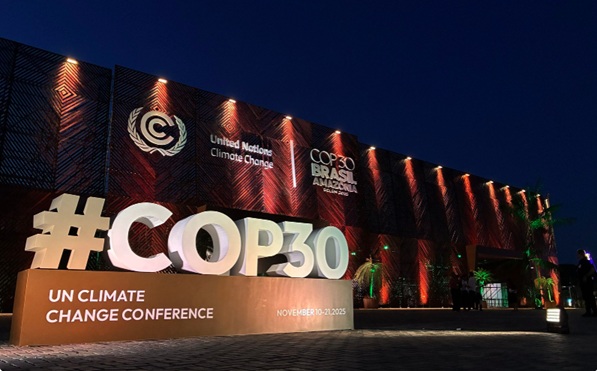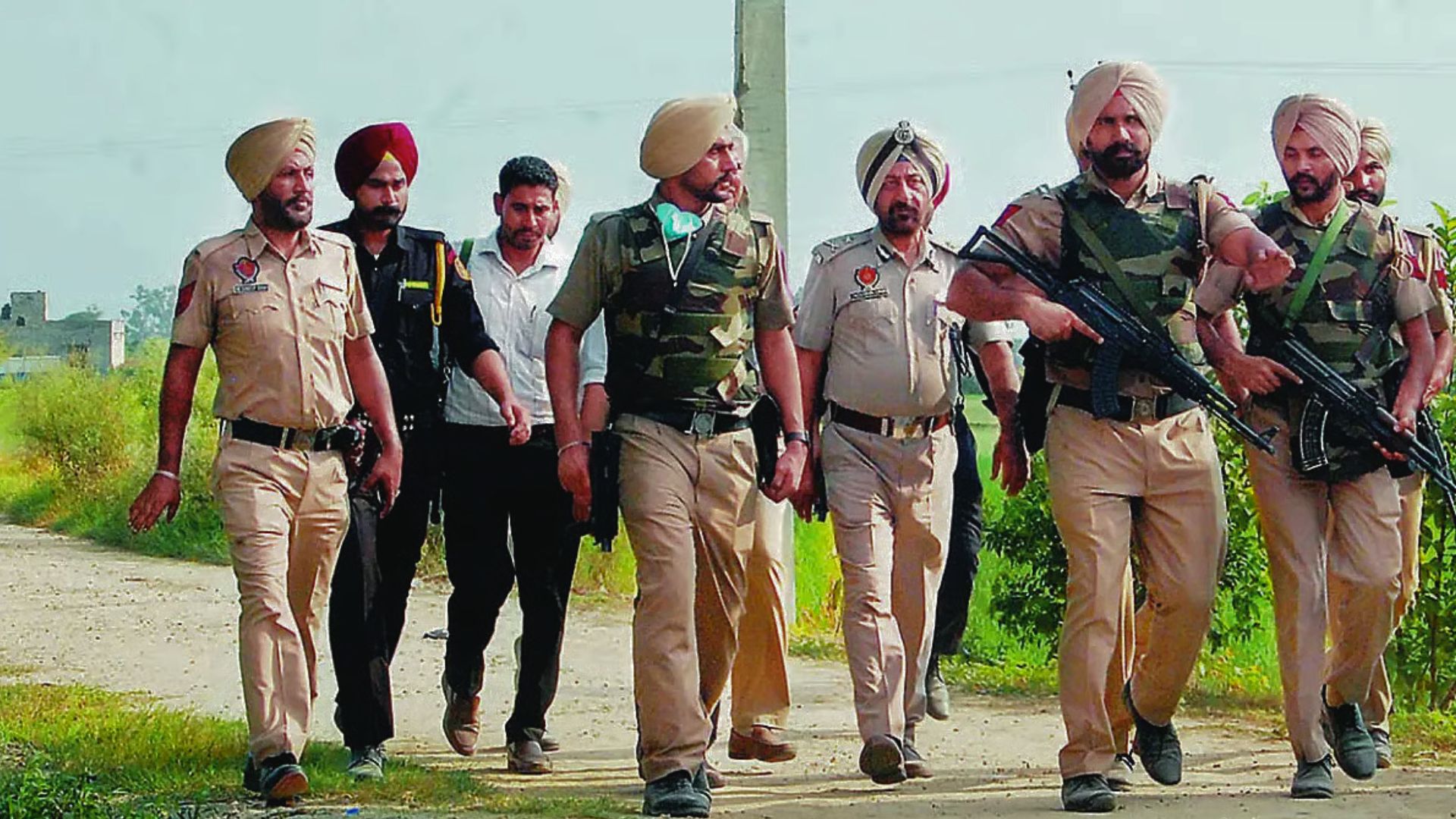The Indian Council of Agricultural Research’s (ICAR) chief Dr. Mangi Ram Jat has said, ‘Panjab farmers are not to be blamed for Delhi’s air pollution’. However, even as Panjab and Haryana saw a sharp drop in farm fires, pollution levels in Delhi National Capital Region (NCR) remained alarmingly high on 24–25 Nov, with Ghaziabad, Hapur, and Noida topping the list of most polluted cities in India. According to the Central Pollution Control Board (CPCB) data, the daily average Air Quality Index (AQI) in these cities fell in the ‘Severe’ category at 437, 420, and 418, respectively. Delhi too continued to reel under hazardous air, recording an AQI of 391 in the ‘Very Poor’ category. Environmentalist Sanjiv Gupta warned Delhi's air quality has reached hazardous levels with pollutants like PM2.5 and PM10 far exceeding safe limits. Protestors took to streets demanding action against the rising levels of pollution. ‘Our lungs are getting damaged. The government should declare it a health emergency until they find a solution to it,’ a protester remarked at India Gate. Some of the protestors were arrested and taken to Parliament Street police station. Meanwhile, as the COP30 UN Climate Summit concluded in Belem, Brazil on 22 Nov, climate observers remained unsatisfied as the roadmap to phase out fossil fuels remained unfulfilled. The strategic adviser to the Fossil Fuel Non-Proliferation Treaty Harjeet Singh said, ‘While the developed countries are responsible for putting a disproportionate amount of greenhouse gases into the atmosphere, South Asia has become the epicenter for most polluted cities with 83 out of 100 most polluted cities in the world being in India.’ The blame for air pollution must fall on weak waste management, unregulated construction, and vehicular emissions. Even as the city chokes and Out Patient Departments in hospitals complain about overwhelming numbers of patients, fifteen thermal plants in a 300 km radius of the city continue to operate without Flue Gas Desulphurization systems, which are critical for reducing sulphur dioxide emissions (earlier coverage).


Get the Liv Forum digest emailed to you weekly.
In accordance with our Privacy Policy, we will never share or sell the information of our subscribers.




%20activists%20upon%20bail%20-%20Lachhman%20Sewewala.jpg)

